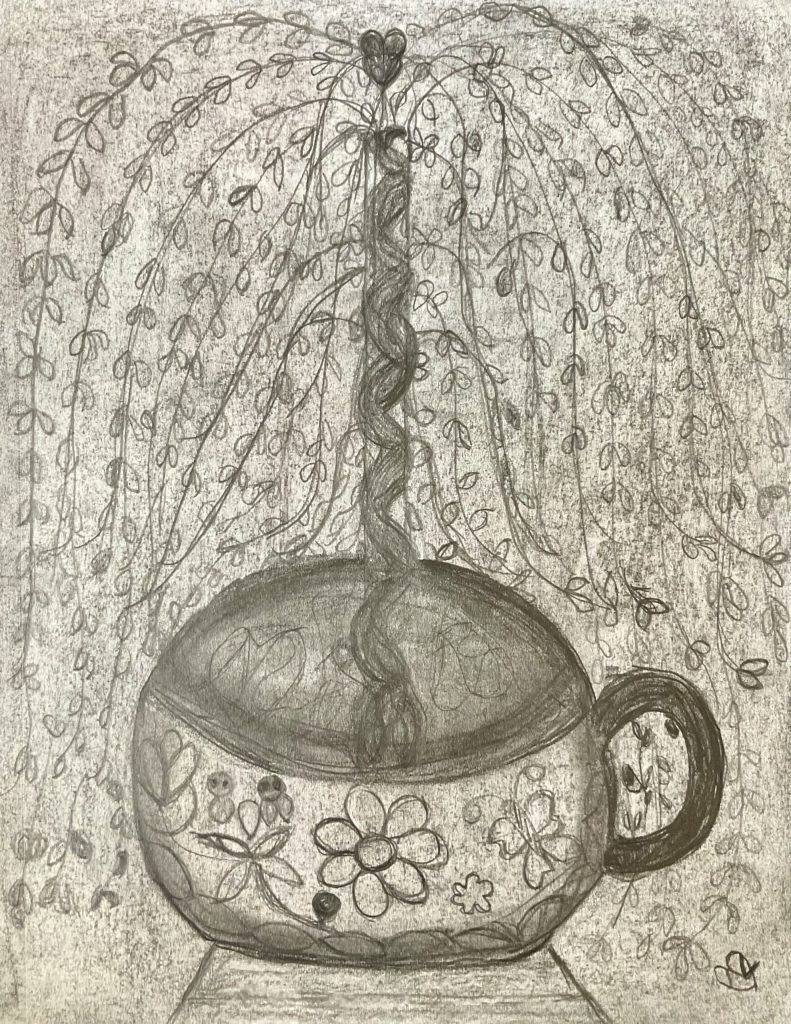Driving, depression, and psychogenic non-epileptic seizures (PNES)
The three items listed in the title of this blog post might seem unrelated but they were part of an article that was published last month. The article drew some useful and thought-provoking conclusions that might be useful for clinicians working with PNES. The study described in “Characteristics of patients diagnosed with psychogenic non-epileptic seizures […]
Driving, depression, and psychogenic non-epileptic seizures (PNES) Read More »











